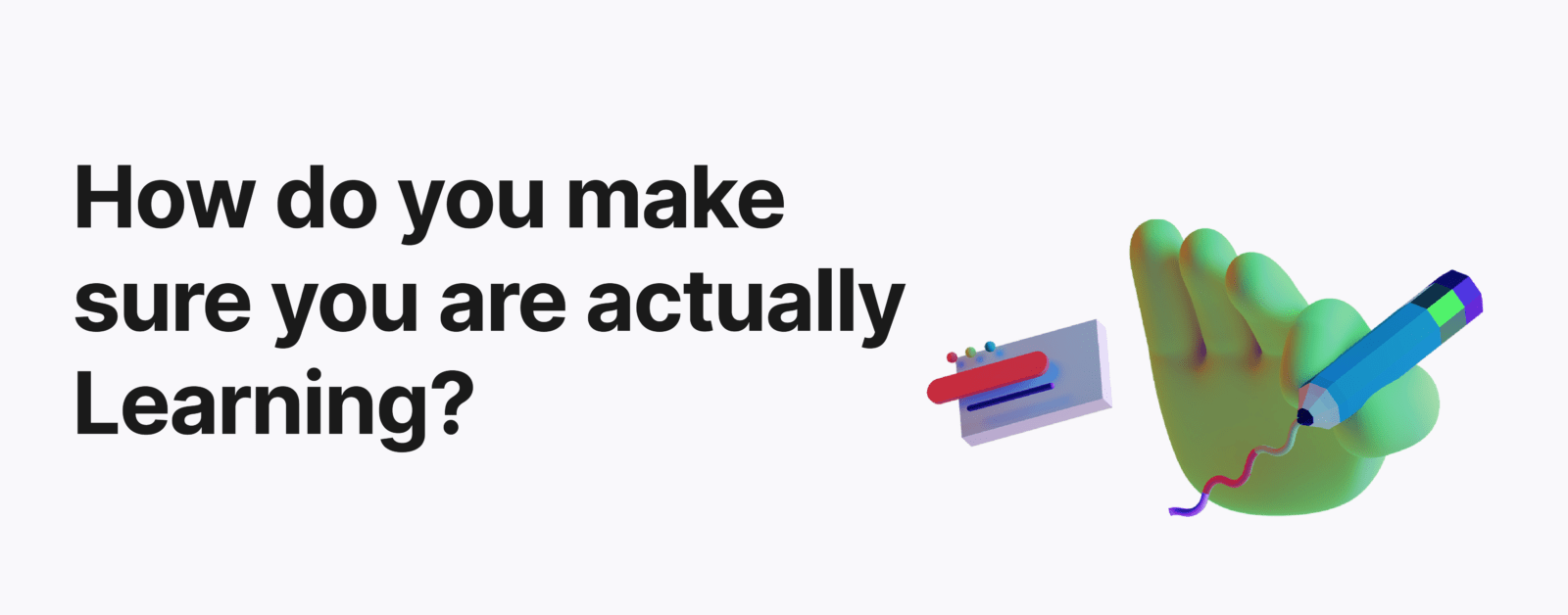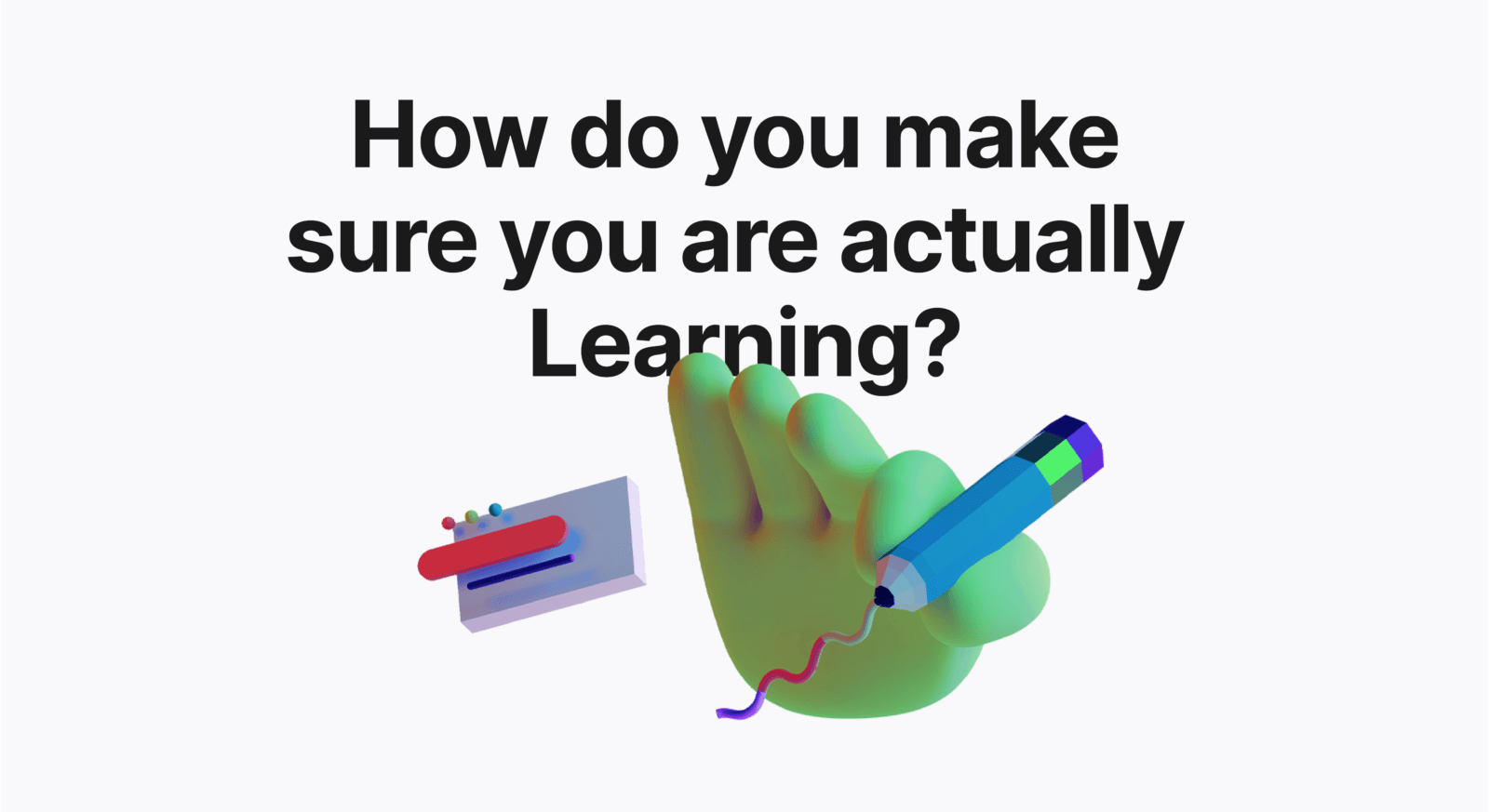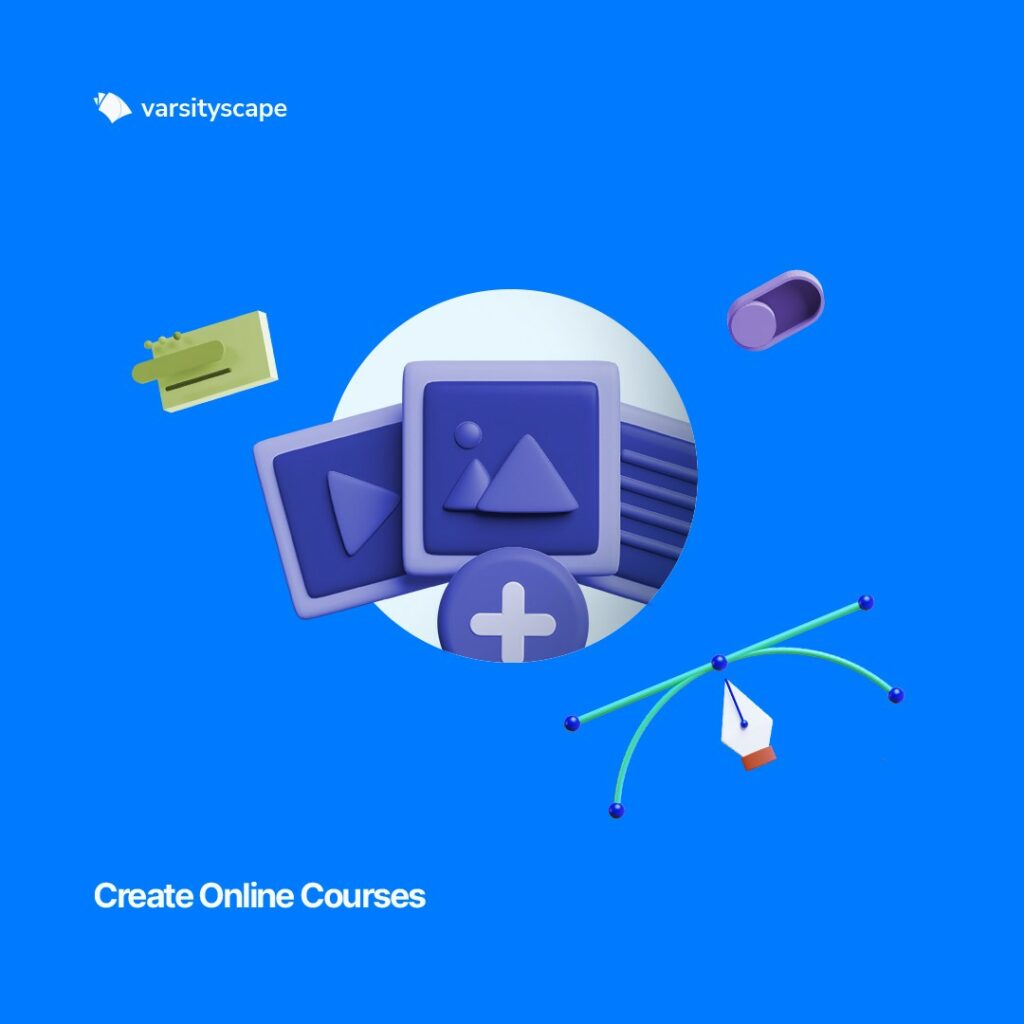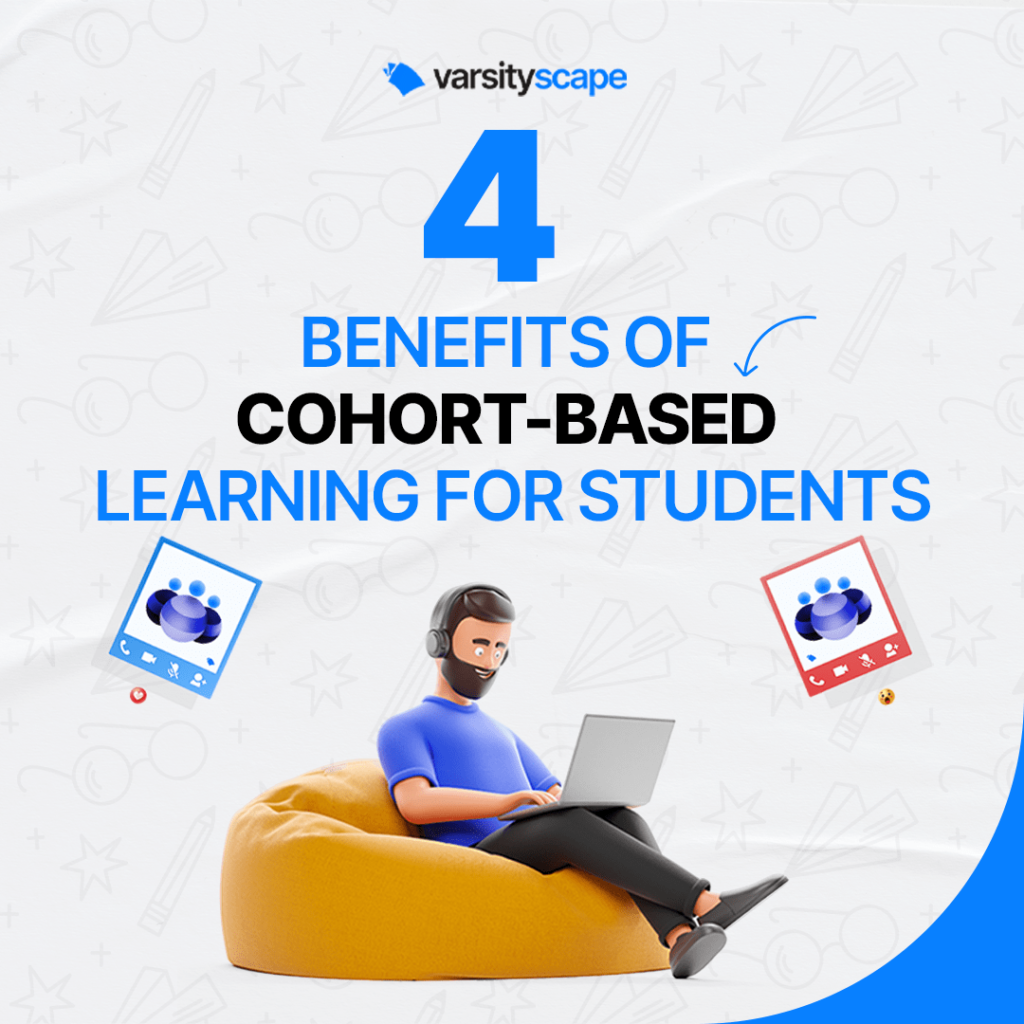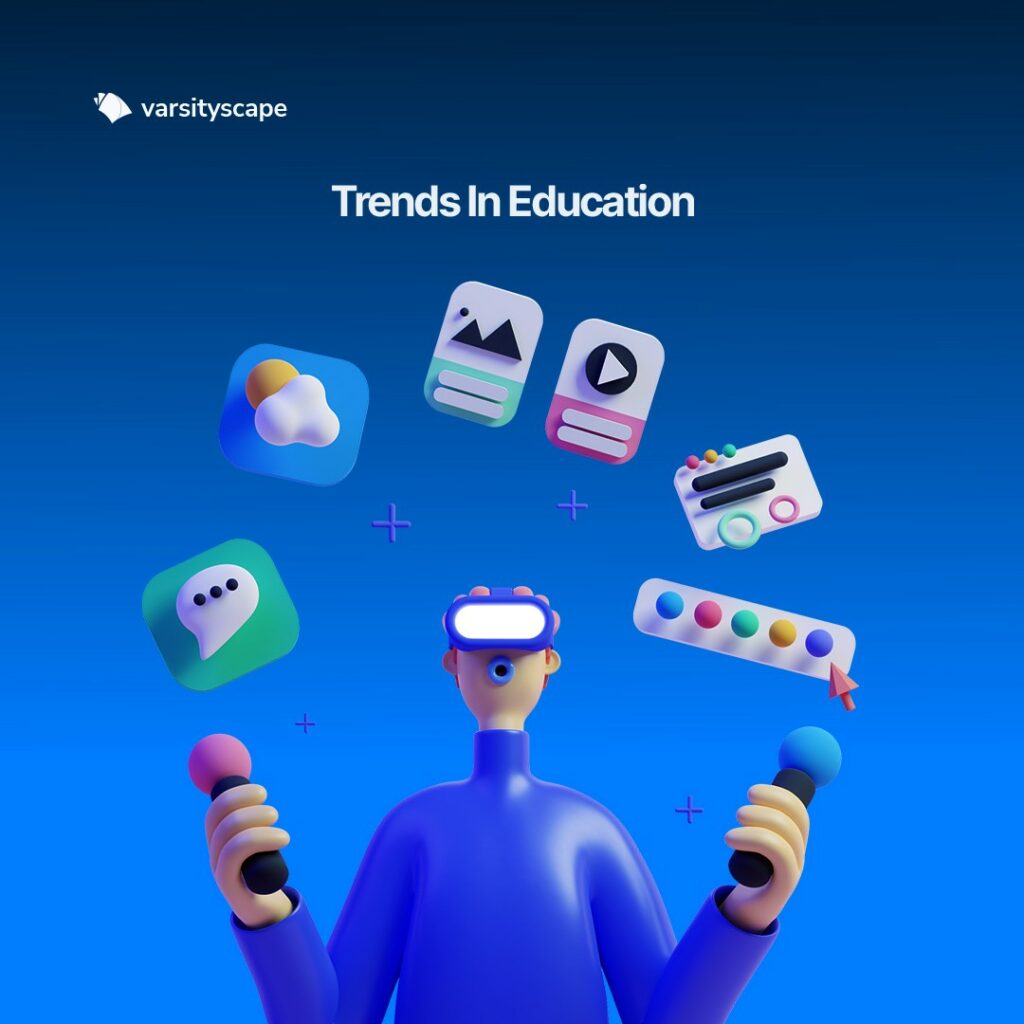As a student constantly struggling to go through materials, notes, and textbooks as you climb up the academic ladder, you might sometimes resort to desperately seeking cram tricks as you are willing to do anything that will help you move on to the next level.
But won’t you agree that this is detrimental to the purpose of education in general?
Regardless of the kind of education you have, formal or not- whether you are looking to learn a new language or improve on a digital skill- you would most likely want to retain a significant amount of the information from all that you will be exposed to.
If you can’t reproduce or apply what you’ve studied to a fairly decent level, you are probably not learning effectively. So how exactly do you make sure you are learning?
1. Learn Relearn Unlearn Repeat
Learning is a continuous process; it does not happen instantaneously. If you are learning a skill, for instance, you need constant practice to preserve the knowledge you gain in your journey of acquiring this skill.
During this journey, you might make mistakes along the way and that’s okay. This will also help you discover new and creative ways to get things done. These are perks that come with the beneficial habit of practicing as often as you can.
Now, practicing, rehearsing or constantly going through your notes or textbooks is a sure-fire way to retain information and master that skill. Doing so, you convert short term information to long term and eventually, you have it at your fingertips ready to be released whenever it is needed.
2. Be a Teacher
To further strengthen your learning, teaching others is the way to go. Applying the knowledge or skill you have gained by explaining it to others, perhaps a group of friends or classmates helps you retain the information in your brain.
There are also group discussions where you give value to others, thereby helping your retention. It is also a way to learn from others by gaining varying perspectives which will help expand your understanding of whatever is being discussed.
By doing this, you’re less likely to forget the material and you must have developed a fail-proof system of processing, recalling and sharing it when necessary.
3. Have Practical Experience Where Needed
So whether you want to be a web developer or a content writer, a basketball player or a pianist, you can easily surf the internet, browse through materials and probably read all there is to know about these areas.
However, being a content writer will involve writing constantly and not just reading. And being a basket player? Well, you better practice how to get good shots. The same thing goes for being a pianist- you have to practice regularly with a piano.
To reach your actual goal, you will need intentional practice of that skill. So, do your research, study from those who have gone ahead in your field of interest. Be prepared to dedicate enough time to work because that is just how learning works.
4. Forgot Something? Look It Up
Except you are in an examination hall where your memory is being tested and you are not allowed to take a quick peek at your books, try to look things up when you get confused. You will inevitably forget things sometimes.
When you do, and you’ve tried to remember yourself, go ahead and look it up. This way, you get to go through the previous information to further strengthen your memory and help your retention.
So, when you find yourself in a conversation or if you are teaching someone, instead of saying things you are fairly uncertain or unsure of, look it up to confirm or learn again. Do not be ashamed to do that, it shows intelligence and maturity when you are conscious to not perpetuate wrong information.
5. Avoid the Enemy Called Multitasking
People often think that those who perform two or more tasks simultaneously are more productive than others. However, studies have shown that your attention span significantly drops when you’re processing a lot of information at once.
By doing several activities at a time, you learn slowly and you are eventually less efficient than you would be if you just focused your attention on one task. Multitasking hampers your speed of learning and efficiency.
Finally, learning is a beautiful thing. As a student, you definitely have courses with materials you need to go through and things you need to learn to get your certification. And whether you are a student or not, there are certainly skills that already interest you that you’re planning to learn.
Step One is to take these points and religiously apply them to any of these areas until your learning starts getting better. Step Two is even easier- Repeat Step One.
Keep that ‘life-long learning’ mindset and watch your budding interests grow into valuable skill sets for the future.
Happy Learning!
